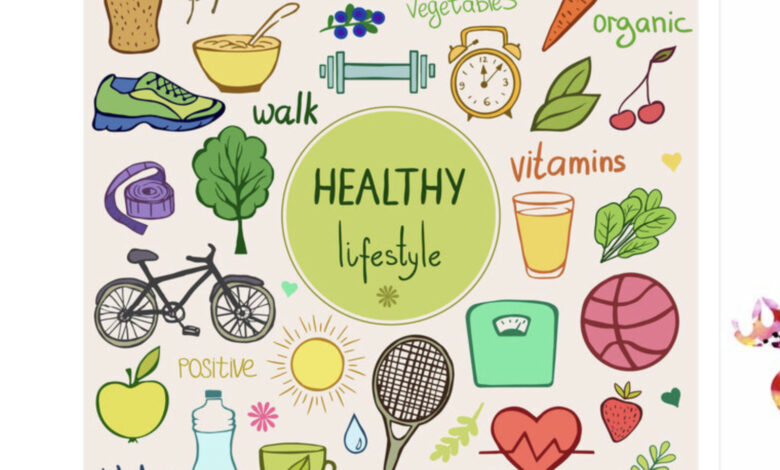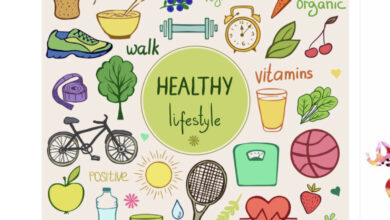FRUITS AND VEGGIES IN YOUR DIET

If you’ve ever watched “My 600-lb Life” on The Learning Channel (TLC) you are familiar with the comments I’m about to make. This documentary-like program follows morbidly obese, 600-lb-plus, people for one year in their sometimes-futile attempt to lose weight. They are all patients of an elderly Iranian bariatric surgeon, “Dr. Now,” who operates out of his clinic in Houston. I have no beef with this doctor because his methods are ethical, medically-sound, and effective, but his dietary preferences differ a bit from the usual.
What one notices about these 600-lb. patients is they all eat constantly. They eat mostly junk food, and massive amounts of it. They all also have an insatiable urge to eat foods containing sugar. During the personal narration of their story, they often state they cannot get enough sugar. They crave it. They can’t avoid eating it. They feel bad without it.
Additionally, most of these folks, especially the women, have had a significant traumatic life experience during childhood or adolescence. Sexual abuse by a parent or other family member, a rape by an uncle or neighbor, or any number of other traumas that left them psychologically scarred forever are common in nearly all of these people. They all attribute their obesity to this traumatic event, and they eat to control stress.
Before he does “weight-loss surgery” on any of these patients, Dr. Now insists, actually demands, these folks lose weight by dieting. He sets the weight-loss goal and the length of time they have to accomplish it, and instructs them in a 1000 calorie diet, portion control, and proper food selection. He might tell them to lose 75 lbs. over the next two months to see their degree of motivation. If they don’t lose the amount of weight Dr. Now requires, weight loss surgery is denied.
The point of all of this is to emphasize the diet he recommends. For decades, Americans have accepted a diet high in fruits and vegetables, supplemented by protein, as healthy and promoting weight loss. Sugar and carbohydrates are to be avoided. Dr. Now takes this one step further in his anti-fruit requirement. Fruits “contain sugar,” and he wants his patients to avoid any form of sugar for more efficient weight loss, so fruits are eliminated. His diet is high in vegetables and protein, except for corn and peas which are high in carbohydrates.
That led me to wonder about fruits and vegetables for the rest of us! Should we avoid fruits, too? Those of us who don’t weigh 600 lbs. are in a different orbit than the morbidly obese. Our goal is to maintain our weight and gain the benefits of disease prevention that a fruit and vegetable diet provide. Are we harming ourselves by eating fruit and vegetables? The answer is a resounding NO!
In the reference cited below, the value of five servings of fruits and vegetables (2 servings of fruit, 3 servings of vegetables) daily was clearly demonstrated. A diet of at least 500g of fruit and 800g of vegetables daily lowers mortality from cardiovascular disease, cancer, and diabetes. This massive study(s) of nearly 100,000 patients combined data from the Nurses Health Study (1984-2014) and the Health Professionals Follow-up Study (1986-2014). It concluded that for those of us not weighing 600lbs., a diet high in fruits and vegetables is very healthy, will likely keep our weight steady, and will lower our mortality from cardiovascular disease, cancer, and diabetes.
Reference: Aune D, et al. Fruit and vegetable intake and the risk of cardiovascular disease, and total cancer, and all cause mortality—a systematic review and dose-response meta-analysis of prospective studies. Intl J Epidemiol 2017 June 1;46(3):1029-1056.




